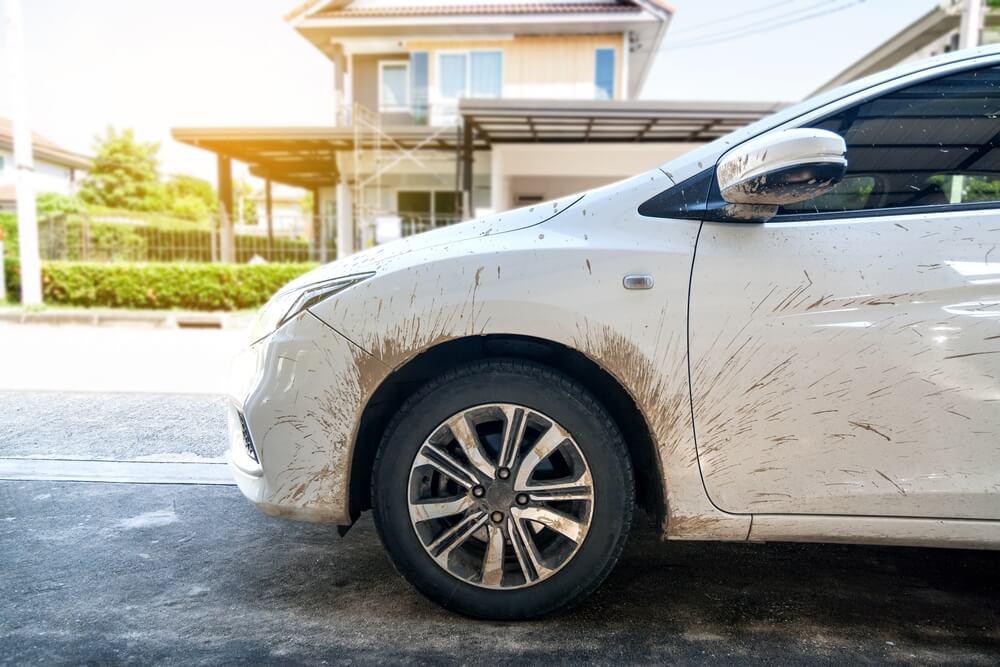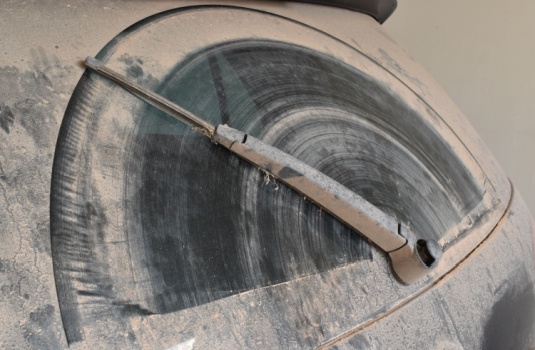
You’re probably aware that certain driving situations are dangerous and can lead to an accident. If you try to drive down the road with bald tires or faulty brakes, you know you’re putting yourself and other drivers at risk. But have you ever wondered, “Is a dirty car dangerous?” Even if you have great auto insurance, it pays to know the different driving hazards.
At first glance, this may sound like a ridiculous question. How could a dirty car be dangerous and cause driving hazards? Let’s examine how driving a dirty car can cause problems.
The Overlooked Danger of Dirty Vehicles
Considering the benefits of cleaning your car and following other vehicle maintenance tips for Georgia drivers, you’ll likely find several compelling reasons to keep up with these tasks. Even when drinking a glass of iced sweet tea sounds much more attractive than cleaning the car, maybe you hate dirt and clutter or don’t want others to see your car in disarray. Maybe you just bought your car and want to keep it looking new and beautiful. But staying safe is an even more important reason to keep a clean car.
Most people may not think about safety (or lack of safety) when they look at their dirty car. It’s easy to overlook how vital it is to scrub away the dirt and grime from your vehicle. You might just see an unkept car, not an unsafe one.
The Risks of Road Contaminants
When questioning if an extremely dirty car is a driving hazard, it’s a good idea to consider that road contaminants pose a risk to safety on the road in more ways than one. Keep reading to learn how dirt and dust can make it hard to follow safety tips for drivers while navigating the roads.
Visual Blockages: When Dirt Obscures More Than Beauty
When you have an accumulation of contaminants on your car, like dirt particles, snow, salt, mud, and more, it does more than just make your car look dirty. You probably have a hard time seeing clearly out the front window. And what about the mirrors you use for merging onto the highway or changing lanes? They won’t be much help if you can hardly see out of them. It’s even worse once it starts getting a bit dark.

Compromised Components: How Grime Affects Vehicle Functionality
If you have a somewhat newer car, you’re probably familiar with all the electronic sensors that enhance safety. For example, sensors in the front of your car work to detect you getting too close to the vehicle in front of you, and rear sensors help with backing up. These are just a few of the safety features with which modern cars come equipped.
When dirt and grime cover sensors, windows, and windshields, your view of the road and other traffic will be obscured, potentially leading to an accident. Your built-in safety sensors may not work properly. You might not realize how much we rely on these driving aids on the road.
Obscured Illumination: How Headlight Effectiveness Is Affected
Another reason the answer to the question of if a dirty car is dangerous is when you’re driving at night and relying on your headlights to lead the way. If any of your headlights are out or not in top operational condition, you won’t be able to see as well. Not to mention, other drivers may not see you!
Just think how much light can shine through your headlights if dirt has accumulated on them. Dirty headlights will hinder your view of the road, as well as hiding you from your fellow Georgians on the road.
Law and Order: Legalities of Car Cleanliness
There are a variety of unusual driving laws, like the move-over law, and more of which you may not be aware of. You might think that having a dirty or clean car is your business and wouldn’t be subject to legal ramifications. But you can get pulled over, because the law considers an extremely dirty car a driving hazard. So, why should you clean your car? If your car is so filthy the police can’t read your license plate, you could get talked to or even fined.